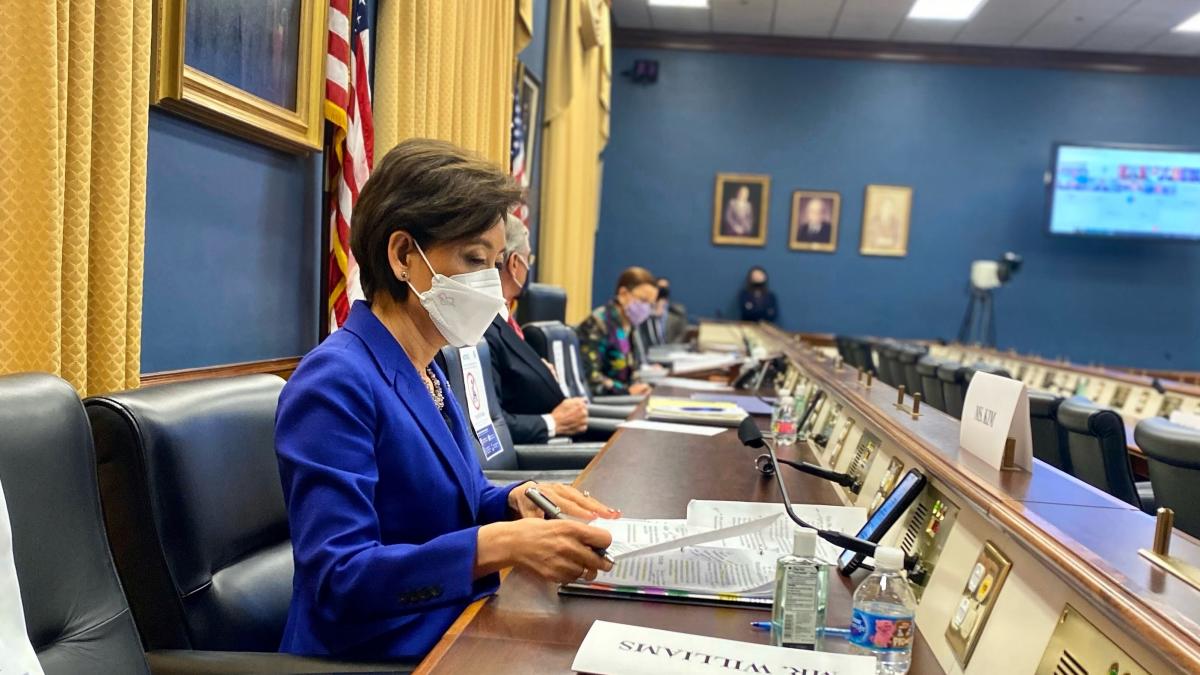Washington, DC – U.S. Representative Young Kim (CA-39), Vice Ranking Member of the Subcommittee on Asia, the Pacific, Central Asia and Nonproliferation, joined a bipartisan group of colleagues to introduce the Vietnam Human Rights Act (H.R. 3001) to prioritize the protection of freedoms and the development of the rule of law in the country.
Rep. Kim joined Congressional Vietnam Caucus Co-Chairs Chris Smith (NJ-04), Zoe Lofgren (CA-19) and Alan Lowenthal (CA-47), in addition to Reps. Michelle Steel (CA-48) and Lou Correa (CA-46) to introduce the bill, which would allow the United States to sanction Vietnamese officials and others who are complicit in systematic violations of internationally recognized human rights, including particularly severe violations of religious freedom.
“The United States must support the Vietnamese people in their quest for freedom and human rights as their government continues to engage in surveillance, limit internet access and restrict religious freedom,” said Kim. “This bipartisan bill sends a strong message that the United States supports the people of Vietnam and human rights on the world stage. I’m proud to help introduce this important bipartisan bill to support a freer Vietnam and will continue to work on important issues in the region as Vice Ranking Member of the Subcommittee on Asia, the Pacific, Central Asia and Nonproliferation.”
“The freedom of religion, freedom of the press, internet freedom, independent labor unions, the protection of women and girls from trafficking, and advances in the rule of law must be essential components of any U.S.-led effort to ensure that Vietnam and the Indo-Pacific region are both free and open,” said Smith.
Among other provisions, the Vietnam Human Rights Act:
- Authorizes new programs to monitor and halt bride and sex trafficking of women and girls;
- Prohibits any direct or indirect funding for Vietnam’s Ministry of Public Security, which engages in cyber-espionage activity and hacking;
- Requires enhanced reporting on Vietnamese human rights abuses, sanctioning of Vietnamese officials and U.S. efforts to promote internet freedom and the flow of information in Vietnam;
- Urges implementation of key sanctions already provided under the Global Magnitsky Act and the International Religious Freedom Act, including visa denials and financial sanctions; and
- Calls for restrictions on non-humanitarian assistance to Vietnam’s government until certain human rights milestones are met.




